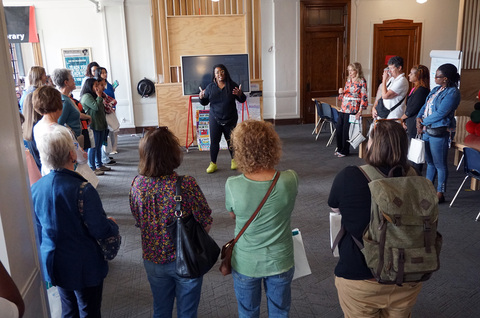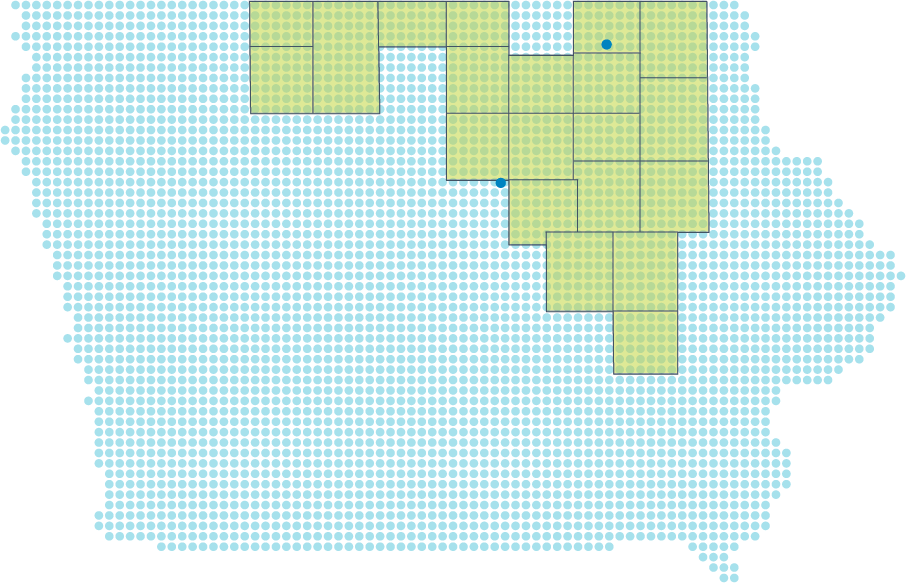CFNEIA shares support of Mental Health Awareness Month, Black Hawk-Grundy Mental Health Center Shares Insight
May 27, 2022
In support of Mental Health Awareness Month, the Community Foundation of Northeast Iowa is recognizing awareness and resources to end the stigma. CFNEIA strives to strengthen our communities, improving quality of life and supporting people as a part of these communities. Recognizing mental health helps connect people to resources and support they need.
As mental health campaign #MakeItOkay states, “It’s time to start talking about mental health and Make it OK.” MakeItOK recognizes 1 in 5 people will have some type of mental illness in their lifetime, defined as a medical condition disrupting a person’s thinking, feeling, mood, ability to relate to others, and daily functioning. The stigma, MakeItOK mentions, prevents individuals from distinguishing their struggles, and therefore, most people live with their symptoms for 10 years before seeking treatment.
Manager of Behavioral Health Services at Black Hawk-Grundy Mental Health Center, Alyssa Fruchtenicht, further describes mental health warning signs of increased crying, sadness, increased worry, not enjoying things that once brought joy, increased isolation, not connecting with others, and spending a lot of time alone. For adolescents or younger children, signs of mental health struggles might look like a drop in grades, reduced socialization, increased irritability, and more reactive. These signs indicate an individual may need to reach out for additional support or resources to help.
The pandemic further illuminated mental health concerns regarding diagnosis and resources for treatment. According to Mental Health America's, MHA, 2020 Screening Data, 2.5 million people completed a mental health screening on MHA's website, which is more than double the number of screens from 2019. As the pandemic forced many to stay at home, loneliness and isolation was reported to be one of the top three things contributing to mental health concerns of 71% that took the screening. Furthermore, 64% of people screened at risk for a mental health concern yet had never received treatment or support before, a seven-point increase from 2019.
"We've got a lot of things happening in our world and in our communities and we have feelings, thoughts, and concerns about a lot of that," said Fruchtenicht.
Not only does mental health impact individual lifestyles, but it can also transfer into family life, community, and globally. According to the National Alliance on Mental Illness's Ripple Effect analyzation, at least 8.4 million Americans provide care to an adult with an emotional or mental illness. Within communities, 70% of youth in the juvenile justice system have at least one mental health condition and 1 in 8 of all visit to U.S. emergency departments are related to mental and substance use disorders. Globally, depression is a leading cause of disability and, along with anxiety, cost the global economy one trillion dollars each year in lost productivity.
Community support and resources can also transfer as a ripple effect in addressing mental health needs. Fruchtenicht emphasized the importance of early intervention as the earlier concerns are identified, the earlier an individual can get connected with solutions. Fruchtenicht also exaplained, "Knowing a supportive neighbor, friend, loved one, or church member has information to assist them and be able to get connected to resources that can help benefit individuals, families, our community, and our school system is important. That effect is rippling, when we are able to see those interventions and normalize those conversations to get support in a variety of ways."
Support for mental health in the Cedar Valley can be found with the Black Hawk-Grundy Mental Health Center, UnityPoint Health, NAMI Black Hawk County, and the Riverview Center. National resources can be found with MakeItOK, NAMI, and Mental Health America. See below for contact and resource information.
Fruchtenicht encourages seeking support when needed, as struggling individuals do not have to struggle alone, and it is okay at times to not feel okay.
"You don't have to walk this journey of wellness by yourself and through uncertainness of what to do next or how to best assist, you can reach out to people who may have walked that journey themselves, reach out to individuals who are trained in certain techniques or modalities or information that is helpful in addressing that and get you on a path to wellness earlier," said Fruchtenicht.
Resources
Black Hawk-Grundy Mental Health Center
319-234-2893 or 800-583-1526
NAMI Black Hawk County
319-235-5263
Helpline at 800-950-NAMI or text "NAMI" to 741741.
Free services such as classes, support groups, educational presentations, and individual help and support can be found here. Online chat and additional resources can be found at nami.org.
Riverview Center
24-hour crisis hotline for survivors of sexual violence in Iowa at 888-557-0310.
For more information on legal, medical and social service advocacy, long and short-term counseling, trauma-informed therapy, transition and basic needs assistance visit riverviewcenter.org.
Suicide Prevention Hotline
1-800-273-8255




